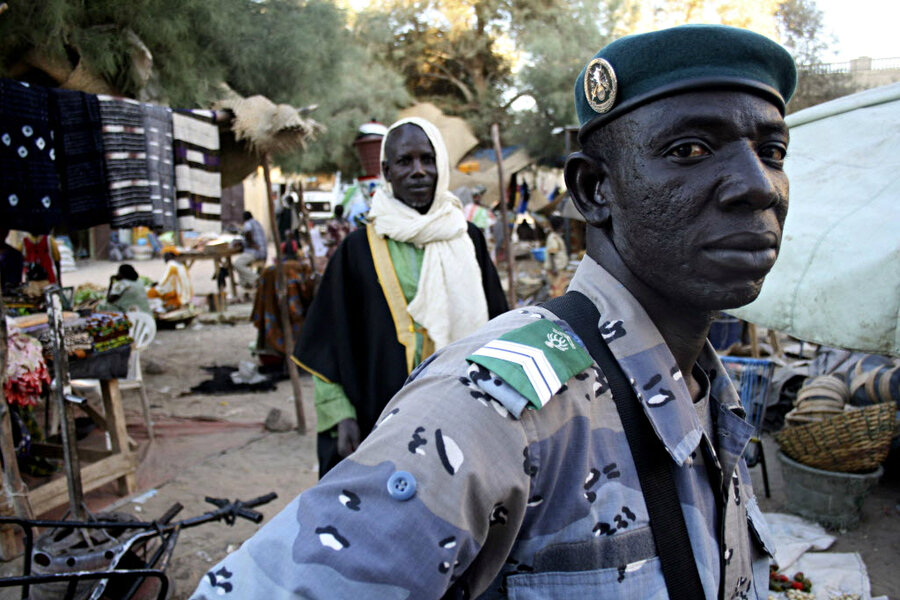Just as US officials celebrated the Arab Spring, Al Qaeda may have been doing the same thing. The uprisings in countries including Egypt, Libya, and Yemen may have overthrown longtime dictators, but they opened up power vacuums, too.
Libya, for example, is now rife with various militia forces, and, as a result, the government is not particularly strong. “There are notable concerns about Al Qaeda pushing some fighters into Libya,” Jones says.
In Egypt, Zawahiri’s brother was recently released from jail, fueling concerns about a growing Salafist, or puritanical, movement within the country, he adds.
“The unrest and reduced security provides terrorists inspired by that movement more operating space as security services focus more on internal security and regime stability,” Mr. Cardillo says.
The United States and other western countries have already lost some of the gains of the Arab Spring movement. The French, for example, are deeply concerned about what they see as a growing conservative Islamist movement in North Africa. Following the overthrow of the government in Mali, there are indications that members of the Nigerian terrorist organization Boko Haram are opening training camps that are teaching followers the finer points of improvised explosive device, or IED, construction, Jones says.
The question is whether US Special Operations Force trainers, perhaps working in conjunction with NATO allies, can help offset some of these Al Qaeda initiatives, he adds.
In Somalia, where the government has largely collapsed, “It will be a balancing act between what the Pentagon can do with small numbers of Special Ops teams, training local forces, working with CIA units on the ground, and encouraging local countries and neighbors to be active” in countering terrorist groups with their own forces as well, Jones says.
The good news is that “core Al Qaeda and the jihadist movement will suffer a strategic setback in that the Arab Spring strikes at the very core of their jihadist narrative,” Cardillo noted. That said, he added, “prolonged instability or unmet promises by these new governments ... would give Al Qaeda, its affiliates, and its allies more time to establish networks, gain support, and potentially engage in operations.”





